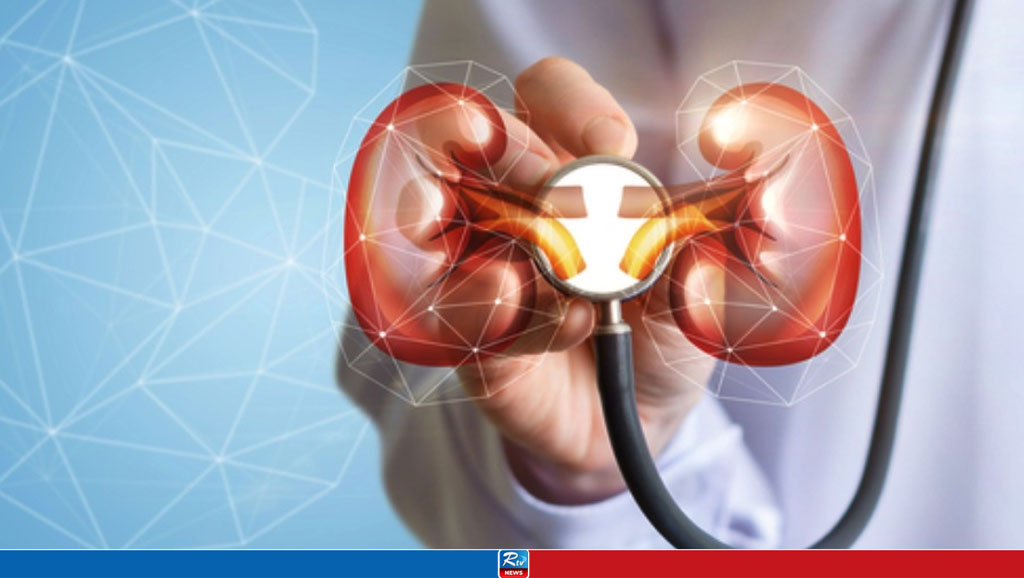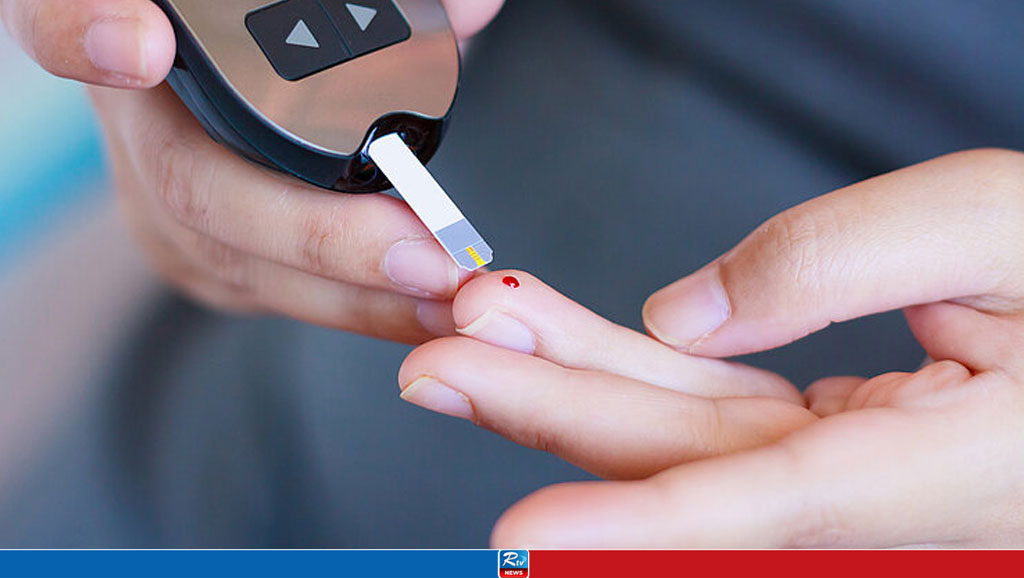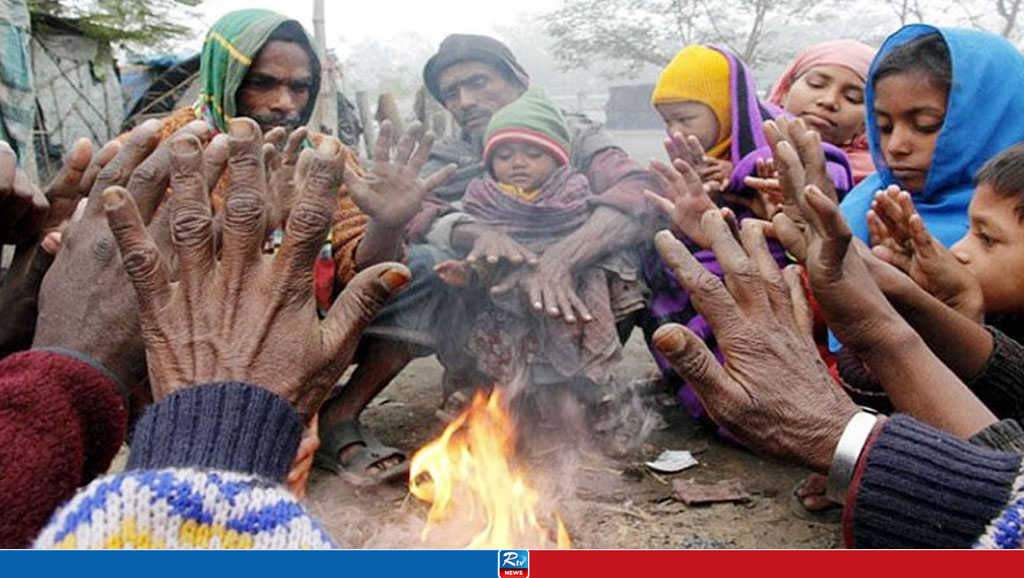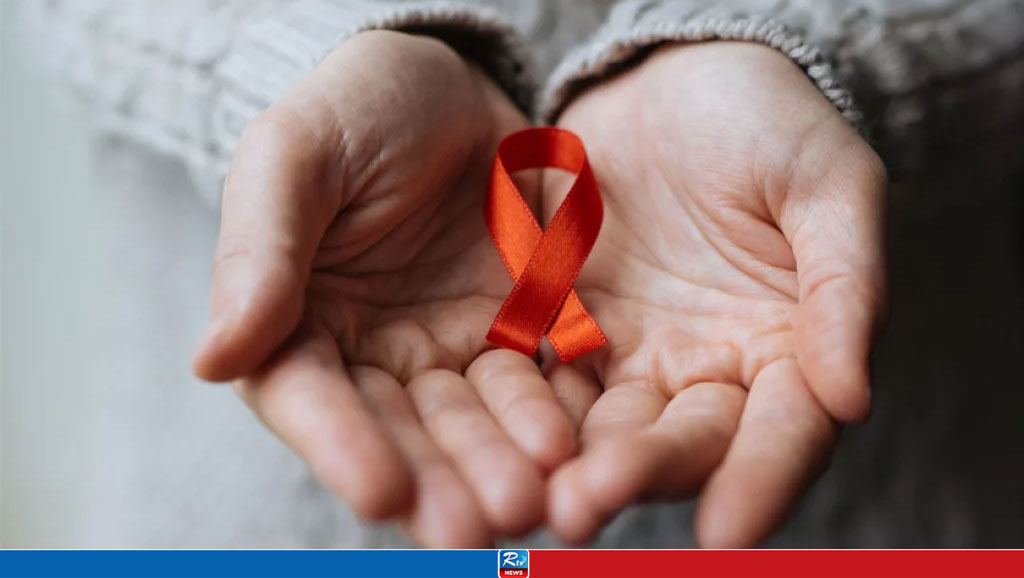Food Cravings Can Affect Mental Health

During tough days, we often find ourselves longing for comfort food. After heartbreak, we reach for something sweet, and at other times, cravings come and go unannounced.
Cravings aren't exclusive to women's PMS phase; men experience them too. Some even talk about sharing pregnancy cravings with their partners.
But what happens when you indulge in these cravings? Could your food cravings actually affect your mental health?
Why do we crave?
"Food cravings are closely linked to the brain's reward system, particularly involving dopamine, a neurotransmitter associated with pleasure and reward," Dr Shambhavi Jaiman, consultant psychiatrist at Fortis Memorial Research Institute, Gurugram, tells India Today.
Dr Jaiman explains that when we consume foods high in sugar, salt, or fat, they stimulate dopamine release, creating a pleasurable sensation and reinforcing the desire for that food. Over time, this can make cravings stronger, as the brain becomes wired to seek out certain foods for the reward they provide. Stress, emotional states, hormonal fluctuations, and even nutritional deficiencies can further trigger these cravings.
Additionally, Dr Sarthak Dave, an Ahmedabad-based psychiatrist, explains that food cravings driven by the brain's dopamine mechanism can be gustatory (taste-related), visual (triggered by food imagery), or olfactory (stimulated by smell).
- Gustatory cravings are rooted in the memory of past taste experiences.
- Visual cravings are influenced by appealing food presentations, especially prevalent on social media.
- Olfactory cravings are sparked by the aroma of food, which can evoke strong memories and desires, often making us crave a specific dish even without seeing it.
Meanwhile, Dr. Bhavna Garg, senior consultant - dietitian, and nutritionist, Yashoda Super Speciality Hospital, NCR, mentions that food cravings are extremely common, with more than 90 percent of people experiencing them.
"Every person experiences cravings differently, but they are typically transient and often for processed foods that are high in sugar, salt, and unhealthy fats. Research suggests that males are more likely to crave savory foods, whereas females are more likely to crave high-fat, sweet foods," she adds.
Cravings and mental health
According to Dr Dave, food cravings can reveal a lot about a person's mental health.
He says, "Sometimes, having food cravings may also be a sign that the individual is doing well mentally. In psychiatric conditions like depression or anxiety, food cravings often diminish because dopamine levels drop. Even when eating enjoyable food, there may be no dopamine surge, reflecting a lack of the usual pleasure response. Therefore, the presence of food cravings can indicate better mental well-being."
However, food cravings can also be linked to eating disorders.
Dr Dave states that in binge-eating disorder, there is an intense, sudden urge to consume large quantities of food, often followed by voluntary purging. This creates a vicious cycle of overeating and purging.
Additionally, food cravings may contribute to obesity through emotional eating, where individuals eat to cope with negative emotions. In these cases, eating temporarily boosts dopamine, but once the effect wears off, feelings of guilt and distress return, perpetuating the cycle as the person believes it's the only way to feel better.
On the other hand, Dr Rajiv Mehta, vice chairperson, of psychiatry, Sir Ganga Ram Hospital, Delhi, feels that the mental health of a person impacts their cravings. For example, during a stressful situation, people show a preference for sweetened foods like chocolates and fried snacks.
Dr Mehta says that when food cravings become overwhelming, a person may overeat, leading to potential weight gain. This can trigger mental health challenges, including obsessive body focus, body shaming, body dysmorphia, and, over time, even anxiety and depression.
To this, Dr Jaiman adds that relying on food for comfort can lead to guilt, shame, and lowered self-esteem.
Should you indulge?
Dr Mehta states that if you constantly ignore your food cravings, it means you have self-control and recognize that food isn't the best way to manage stress.
However, indulgence suggests that you may not have found any other effective coping mechanisms for stress.
He explains that food cravings are one of the signs that mental health is being impacted. If cravings occur only occasionally, indulging is harmless; however, if cravings are frequent, it’s essential to look for other symptoms of stress, anxiety, and depression.
Meanwhile, Dr. Dave emphasizes the importance of finding a middle ground between giving in to cravings and knowing when to hold back.
If you always give in, it can lead to overeating, guilt, and potential harm to overall health. The key is recognizing whether a craving is driven by real hunger, emotions, or external influences. Ignoring cravings entirely can lead to feelings of deprivation, increasing the risk of binge-eating later.
By being aware and understanding what your body truly needs, you can make healthier choices.
Controlling your cravings
Dr Bhavna Garg shares some easy tips that can help you control food cravings:
- Eat a balanced diet with a variety of foods, including proteins, healthy fats, fiber, and complex carbs. Doing so helps keep blood sugar levels stable and reduces sudden cravings.
- Sometimes we're just thirsty, not hungry. Thirst is often mistaken for hunger, so drinking water can curb cravings.
- Distract yourself with activities or chew gum. Engaging in an activity, like going for a walk or doing a quick chore, can help shift your focus away from cravings.
- Plan consistent meals in advance. Having regular meals prevents extreme hunger and reduces impulsive snacking.
- Get enough sleep to maintain hormonal balance. Poor sleep disrupts hormones like ghrelin (the hunger hormone) and leptin (the satiety hormone), which can lead to increased cravings.
- Stress can trigger cravings, so engaging in stress-relieving practices like meditation or exercise reduces cortisol levels, helping control cravings.
Comments
New Year's Food Traditions Around the World

There's No Need to Shower Every Day – Here's Why

5 Superfoods That Prevent Kidney Damage

Diabetes, Here's What Happens to Body If You Skip Breakfast

Foods That Relieve Cold, Cough, and Flu Symptoms

Skin-Whitening Creams Can Cause Kidney Problems

Bodybuilders Defying Feminine Norms in South India


 Live Tv
Live Tv




